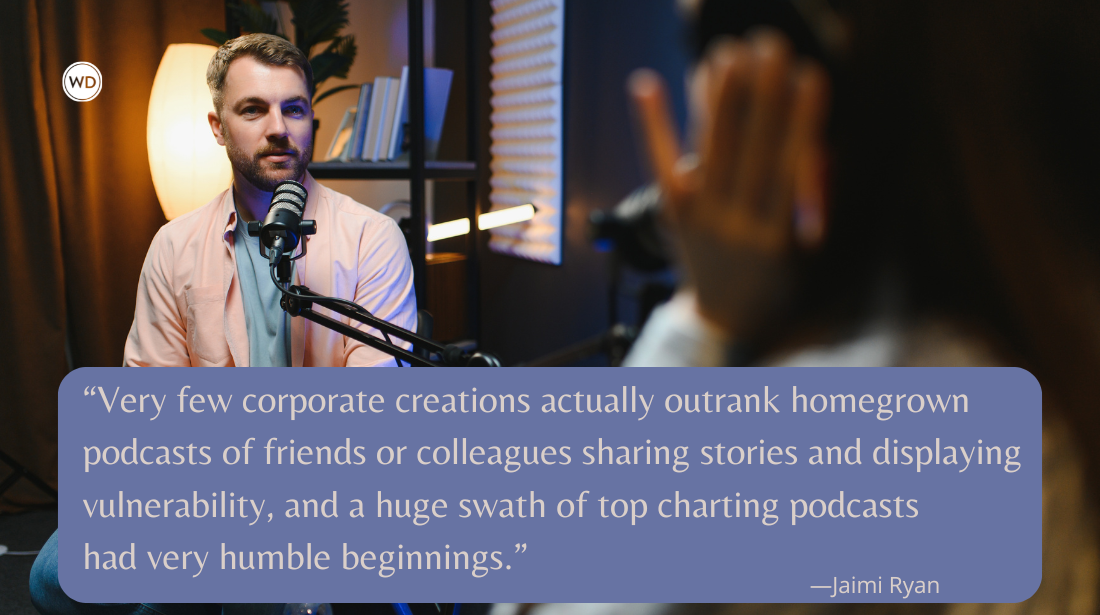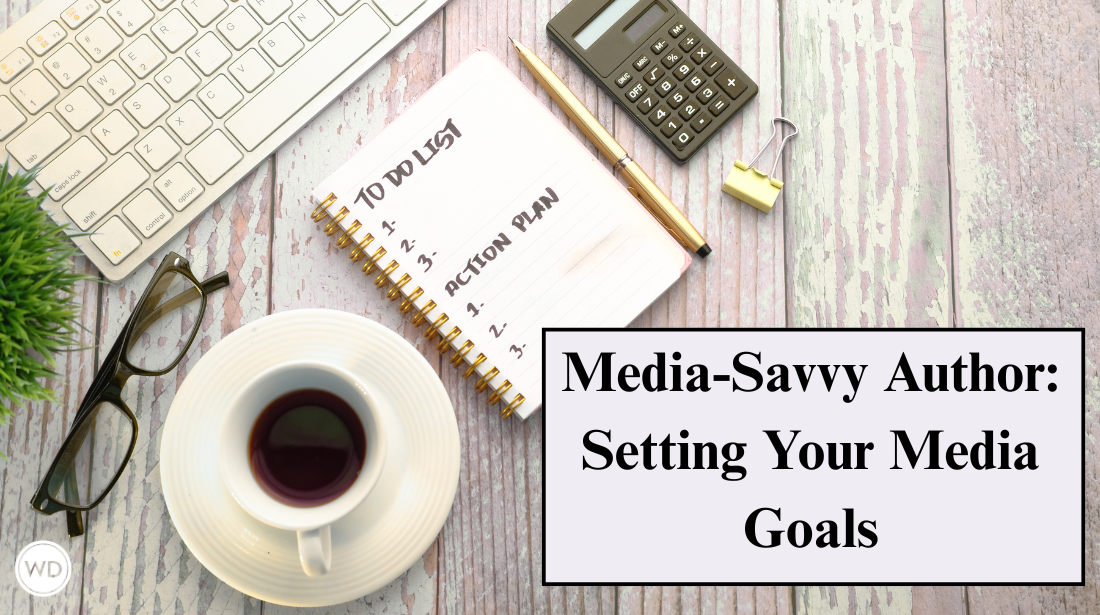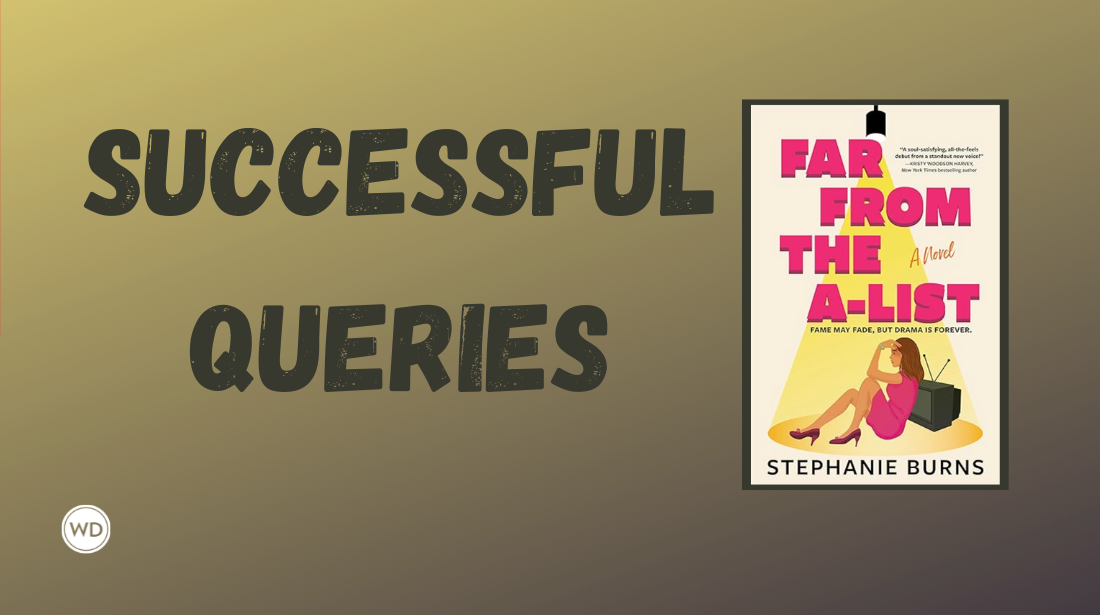When and How Should Writers Negotiate Better Terms?
When and how should writers negotiate better terms? We look at when it’s appropriate for writers to negotiate and how they should do it.
When and how should writers negotiate better terms? We look at when it's appropriate for writers to negotiate and how they should do it.
After 20 years as an editor of the Writer's Market Books, I feel very confident in telling writers they should always be willing negotiate better terms—even on your first assignment for an editor. Many writers may feel like they're overstepping their bounds or trying to run before they walk with such a strategy, but editors often expect negotiation. In fact, it's surprising that more writers don't try to negotiate better terms.
There's usually a lot of competition to get published. So maybe writers feel like they've already crossed the finish line and don't need to compete for a larger share of the editorial budget. As such, the professional writers who do try to negotiate find they have better odds of improving their rates, rights, and other benefits.
Let's look at when it's appropriate for writers to negotiate and how they should do it to get better terms and avoid burning bridges.
Writing is your passion. Why not make it your day job, too? Whether you’re an aspiring screenwriter, novelist or playwright, or even just an avid reader, you can turn your love for words into a lucrative career as a professional copywriter. Learn how to become a copywriter by building your portfolio and marketing your services through this online workshop.
When Should Writers Negotiate Better Terms?
As you may have guessed from above, I feel writers are best served to try negotiating from the very first assignment. If an editor offers you $100 for a 750-word piece, ask if it's possible to up the payment to $150. Use numbers to show how reasonable this is: Say that the editor's rate comes out to 13.3 cents/word and that $150 breaks down to 20 cents/word, which is closer to your normal rate of 25 cents/word (or even 50 cents/word).
An editor may still say that $100 is the best they can offer, but you've accomplished three things: First, you tried to get a better rate; second, you came off as a professional to the editor; and finally, the editor likely feels they're getting a good value (especially if your 750-word piece is high quality).
One more word on timing: The best time to negotiate is after the piece has been assigned but before you've signed a contract and/or agreed to the assignment. Don't talk about payment or rights before acceptance and don't try to re-negotiate terms after you've started work on the project. Both of those approaches are very unprofessional.
That said, each new assignment is a new opportunity to try negotiating better terms.
How Should Writers Negotiate Better Terms?
Sharp readers have likely already noticed that I keep using the phrase "better terms" instead of "more money" in the subject lines of this post. That's because money is only one possible item to try and negotiate with an editor. Don't get me wrong. Money is important, but there are other terms a writer can negotiate as well.
Here are a few things writers can negotiate:
- Money. Money is important, and I shared one strategy for negotiating better rates above by breaking it down on a "money per word" basis.
- Rights. Maybe an editor wants to buy all rights, because they want to use your writing in various media and don't want to pay a reprint fee for each use. That's not a great deal for writers, but maybe they pay a lot of money for those rights. However, see if they can rework your deal to give them first rights and reprint rights for their products but giving you reprint rights for publication with other companies. Or if they only need electronic rights, ask for print rights (or vice versa).
- Contributor copies. If you're being published by a magazine, see if you can get extra contributor copies (or a free subscription) in addition to your payment.
- Other perks. If the company you're writing for offers live or online events or education, see if you can get a free pass to attend. Be creative about how you can get more out of your professional relationship. After all, it doesn't always have to be about money to provide you with more value.
When negotiating with editors, always stay positive and avoid making it a "my way or the highway" situation—unless you really are willing to take the highway. Editors usually want to make their best writers happy, which is why it's good to ask for better terms. But I don't know many editors who prefer an adversarial relationship to a positive one. So treat your editors with respect, and they'll likely do the same with you.









